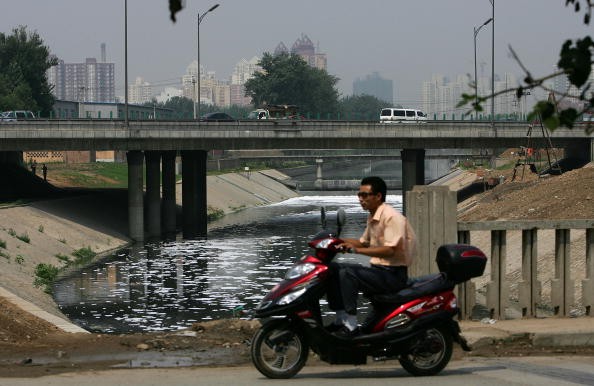China's National Audit Office has recently found that around 17.6 billion yuan ($2.56 billion) allocated for water pollution prevention work in 2016 was not effectively used. The office has told 31 provinces to check use of funds to treat water pollution.
According to the audit office's report, the funds were allocated for 397 projects in 18 provinces, with some regions seeing serious failures in the enforcement of environmental protection laws.
Last month, the audit office said that more than 3,000 people had been punished and 160 billion yuan in funds "rectified" after they performed an audit of the 2015 budget.
In August of last year, the Ministry of Environmental Protection announced its plan of improving the quality of the country's water supplies. The 4,800 separate projects were estimated to cost to a total of 430 billion yuan.
The environment ministry allocated 13 billion yuan for 2016 to improve urban drinking water and prevent pollution in China's major rivers.
China's pollution problem stems from unregulated chemical run-offs, untreated wastewater and the excessive use of pesticides and fertilizers. According to a survey published in 2015, about two-thirds of the country's underground water and a third of its surface water is unsuitable for human contact.
In another report published by the Nature Conservancy in April of last year, about three-quarters of the water sources tapped by China's 30 biggest cities experience major pollution, posing a major threat to the health of tens of millions of people in the country.
Just recently, a chemical plant in Jiangsu has been fined 20 million yuan for dumping almost 2,700 tons of liquid acid waste into the Grand Canal. The local court verdict found that the waste has caused environmental damage "beyond measure".
The acid waste polluted water quality in the neighboring districts and forced several water plants to suspend production. This also led to long-term damage of the aquatic ecosystems.
With issues such as the misuse of funds and uncompliant industrial companies, China's battle against water pollution still has a long way to go.



























